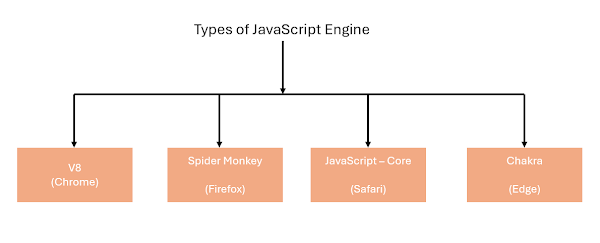Variables are containers for storing data values.
In C#, there are different types of variables (defined with different keywords), for example:
int - stores integers (whole numbers), without decimals, such as 123 or -123
double - stores floating point numbers, with decimals, such as 19.99 or -19.99
char - stores single characters, such as 'a' or 'B'. Char values are surrounded by single quotes
string - stores text, such as "Hello World". String values are surrounded by double quotes
bool - stores values with two states: true or false
Declaration of variable:
To declaring a variables, you must be specify the type of variable and assign it value.
Syntax:
type variable_Name = some value;
Where type is a C# type (such as int or string), and variable_Name is the name of the variable (such as x or name). The equal sign is used to assign values to the variable.
Example: - 1
Create the type string variable as name and assign the value john and print on console.
string name="john"
Console.WriteLine(name);
Example: - 2
Create the type int variable as myValue and assign the some numeric value.
int myValue=25;
Console.WriteLine(myValue);
Constants Variables in C#:
However, you can add the const keyword if you don't want others (or yourself) to overwrite existing values (this will declare the variable as "constant", which means unchangeable and read-only):
const int myValue=15;
Console.WriteLine(myValue);
myValue=25;// here give the Error
We can not assign new to constant variable.
The const keyword is useful when you want a variable to always store the same value, so that others (or yourself) won't mess up your code. An example that is often referred to as a constant, is PI (3.14159...).
Note: You cannot declare a constant variable without assigning the value. If you do, an error will occur: A const field requires a value to be provided.
C# Identifiers:
All C# variables must be identified with unique names.
These unique names are called identifiers.
Identifiers can be short names (like x and y) or more descriptive names (age, sum, totalVolume).
Note: It is recommended to use descriptive names in order to create understandable and maintainable code:
Example:
int seconds=60;
//Good to understand
int s=60;
// OK, but not so easy to understand what m actually is
Note:
- Names can contain letters, digits and the underscore character (_)
- Names must begin with a letter
- Names should start with a lowercase letter and it cannot contain whitespace
- Names are case sensitive ("myVar" and "myvar" are different variables)
- Reserved words (like C# keywords, such as int or double) cannot be used as names
For more information about variables, Please visit Here


No comments:
Post a Comment